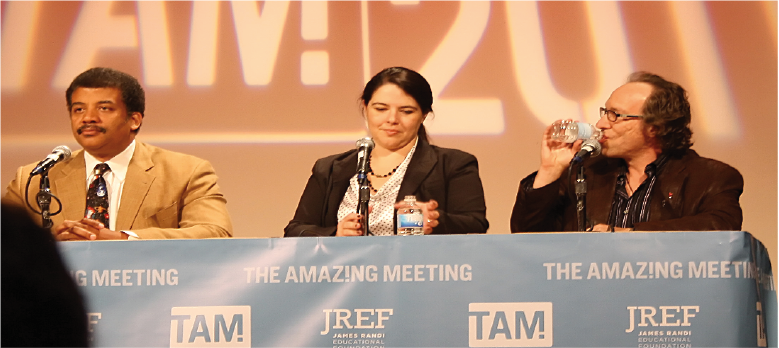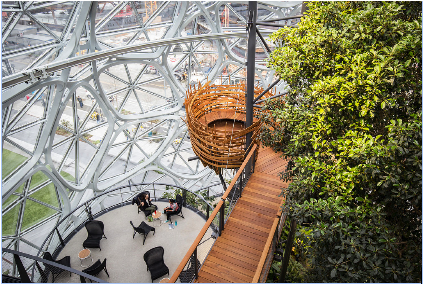While scientists are among the most respected professionals in the public eye, it can be difficult for scientists to effectively explain their work and its implications to the average person. This difficulty leads to confusion among the public, and can overall worsen the image of scientists and the value of their work. Oftentimes concepts in scientific research are hard to understand even for people with a good science education, and nobody can blame the average person for lacking the knowledge needed to understand a lot of new scientific development.
Most people find out about new scientific discoveries or developments from TV or internet news, meaning reporters have to try to summarize the discovery or development and its implications, even if the reporter does not fully understand the science. Reporters have a really difficult job already, and trying to interpret a complicated scientific development and make it understandable to a wide array of people is nearly impossible. An example of this difficulty can be seen in reporting on the recent UN report on climate change. While a few findings of this report were easily digested, the methodology and the implications of the report were hard to understand for most people without a climate science background. Even if someone wanted to research the report themselves, the report is daunting in its scope. The summary of the report alone is 32 pages long, and contains descriptions of some of the consequences of increased climate warming. Associated with these findings are confidence levels indicating how sure scientists are of each finding. These confidence ratings are meant to help policymakers decide what to prioritize, but can also be viewed by the public as an indication that the issue of climate change is not fully understood, or that the consequences may not be very serious. Scientists in rapidly developing fields like climate science or modern physics often cannot present their findings as absolute truth, as their findings will most likely be built upon and changed to reflect even newer developments after their research is published. The rapidly developing findings in these fields can be difficult to keep track of for reporters and therefore for the public, making science overall less engaging.
Adding to this difficulty, scientists are often not the greatest at appearing on TV and engaging the public in science issues. Bill Nye and Neil DeGrasse Tyson are two of the most famous scientists because they are the best at explaining science topics to the public, as anyone who went to either of their talks at Mines knows. However, even though they’re two of the best, both Nye and Tyson can sound condescending at times and can have difficulty winning over the public in debates. Being talked down to is something everyone hates, and the image given off by many scientists sometimes makes people feel this way. Science is the key to solving many of the world’s problems, but it relies on funding provided by taxpayers. Increasing the public’s enthusiasm about science will help science organizations get the funding they need, and will inspire many more people to pursue science careers. Effectively engaging the public in science is key to keeping development of our society going, and educating the public on science issues is a great step to help pique interest in scientific development.



'How can scientists better engage the public?' has no comments
Be the first to comment this post!